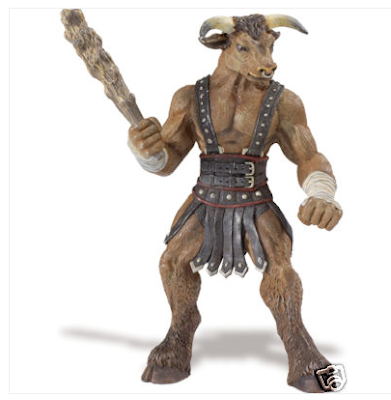


Other names come from proper nouns, or other Latin words, such as:

Paul: this is based on the adjective paulus, meaning "small.".Rufus: this is Latin for "red," originally given to a boy with red hair.This survives in a number of Romance languages, such as in the Italian name Primo (from primus, "first"). Quentin: This name comes from Quintus, or "Fifth." It was a common custom for Romans to name sons based on the order of their birth.Patrick, for instance, was an aristocratic youth who was kidnapped into slavery in Ireland before converting it to Christianity. Patrick: this comes from patricius, meaning "patrician," or "well-born." St.Valentine: derived from the verb valere, or "to be healthy or strong.".Urban: from urbs, Latin for "city." A man who is urbanus is citified, or urbane.Sylvester: from silva, Latin for "woods." Sylvester roughly means "woodsy.".Martin: meaning "warlike," this name ultimately comes from Mars, the Roman god of war.A similar name is Hilary (now also a girl's name), which comes from the Latin for "cheerful" or "merry." Felix: Latin for "happy," or "fortunate." This was the nickname of the dictator Sulla, who was able to retire peacefully after wiping out his political enemies.For the Romans, being left-handed, or sinister, was a sign of bad luck or untrustworthiness. Dexter: literally, "right-handed," but with the added meaning of skill and forthrightness.Many male names that come from Latin originally had a descriptive purpose: Others have been changed through other intermediate languages, such as French, but remain recognizable. Some have remained almost – or even exactly – the same for two thousand years. However, many names of boys and girls in English originally come from Latin words, so it is important to know their meanings. Thankfully, modern parents don't need to worry about such things when naming their children. The ancient Romans had a complicated system of proper names, family names, and nicknames.


 0 kommentar(er)
0 kommentar(er)
